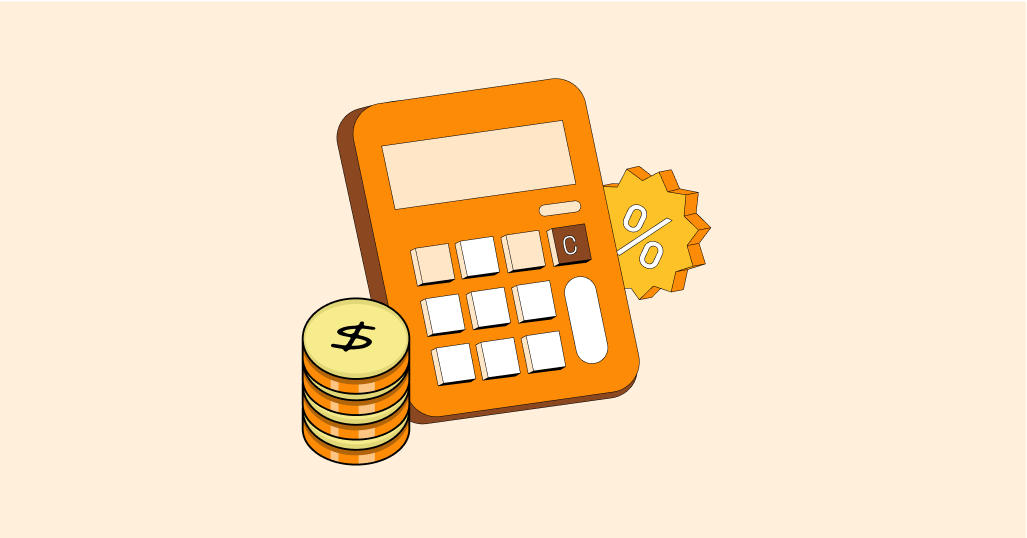The zero-based budgeting method, or ZBB, is all about ensuring that every naira (cedi, shilling, or rand) you earn each month has a specific purpose. This doesn’t mean rushing to spend it all on a shopping spree or a Jet2Holiday. Instead, it’s about being intentional and directing your income towards important goals, such as saving for emergencies, paying off loans, investing, and setting aside something for enjoyment.
ZBB is simple: from the first naira to the last, every amount should have a clear purpose.
What is Zero-based budgeting?
Developed in the 1970s by Pete Pyhrr, a former accounting manager with Texas Instruments, Zero-based budgeting, or ZBB, is a money management method that makes you assign every money you earn to a specific purpose (monthly needs, wants, short-term and long-term savings, or loan repayments) and by the end of the month, your income minus your expenses should equal zero, not because you’re broke, but because every amount has been intentionally allocated.
The key difference between ZBB and living paycheck to paycheck as your money finishes by 15th of the new month is that with ZBB, all your financial needs are planned for in advance. You can stick to the same expense categories and amounts each month or adjust them depending on your situation.
If you spend less than planned in a category, say you budgeted ₦50,000 for transport but only spent ₦40,000, you can roll the extra into next month’s budget or direct it towards something else, like your emergency fund or an investment.
It’s a lot like the envelope system many Africans already use, where money for different expenses is kept separately to avoid overspending. The difference is, here you’re doing it on paper or digitally, but with the same discipline.
Steps to Take Before Starting a Zero-Based Budget
Before you decide to go into zero-based budgeting, take these steps to make sure your spending plan is realistic and workable:
- Know Your Total Income
Add up all your monthly earnings from salary, side hustles, business profits, allowances, or benefits, so you know exactly how much you have to work with. - Track Your Spending Habits
Monitor your expenses for two to three months. This helps you see where your money usually goes and highlights areas where you can cut back or increase spending. - Categorize Your Expenses
List all your spending priorities into your basic needs, wants, debt repayments, emergency fund, and other savings goals.
How much should you allocate to each category? A popular guide is the 50/30/20 rule. 50% of your income goes to essential needs like rent, food, transport, and utilities. 30% goes to wants such as entertainment, shopping, or travel. 20% is set aside for savings and paying off debt.
This balance helps you cover necessities, enjoy life, and still grow your financial future.
Why Should You Try Zero-Based Budgeting?
The Zero-based Budgeting puts you in control of your income in various ways:
- Keeps You Aware of Your Money Flow
This method helps you clearly see how much money is coming in and going out, reducing the risk of spending money you don’t actually have. - Gives You More Control Over Spending
If you’ve never tracked your expenses or feel out of control with your finances, zero-based budgeting can provide structure and clarity. - Fully Customizable to Your Needs
You can tailor this system to your unique financial situation, making it a great option for those new to managing money.
Challenges of Zero-Based Budgeting
- Time-Intensive Tracking
This method requires close and consistent monitoring of every expense, which can be time-consuming. - Unplanned Variable Expenses
Costs like holiday shopping, travel for special events, or replacing broken items can throw off your budget if not planned for. - Need for a Dedicated Irregular Expenses Fund
To avoid budget shortfalls, set aside money each month in a separate fund specifically for irregular costs, apart from your emergency and savings goals. - Difficulties with Irregular Income
If your income fluctuates, such as with freelancing or hourly work, sticking to a strict zero-based budget can be more challenging.
Bottom Line
Zero-based budgeting puts you in full control of your money, helping you plan every naira with intention. It may take time and discipline, but the reward is financial clarity, fewer money surprises, and progress toward your goals.

RELATED ARTICLES
50/30/20 Rule: Is It Practical for Africans?
Passive Income Ideas With Low Investment
Best Side Hustles for Quick Cash
How AI is Changing Personal Finance in Africa
How to Plan for Financial Freedom by 30
What NOT to Do with Your Paycheck
How You Can Build Wealth from $100/Month
How To Balance Side Hustles And Full-time Remote Work

I’ve lived many lives, but one lesson ties them all together: money is only as powerful as its utility. Through my work, I share stories about money and create guides for Africans who want to get the best out of theirs.
